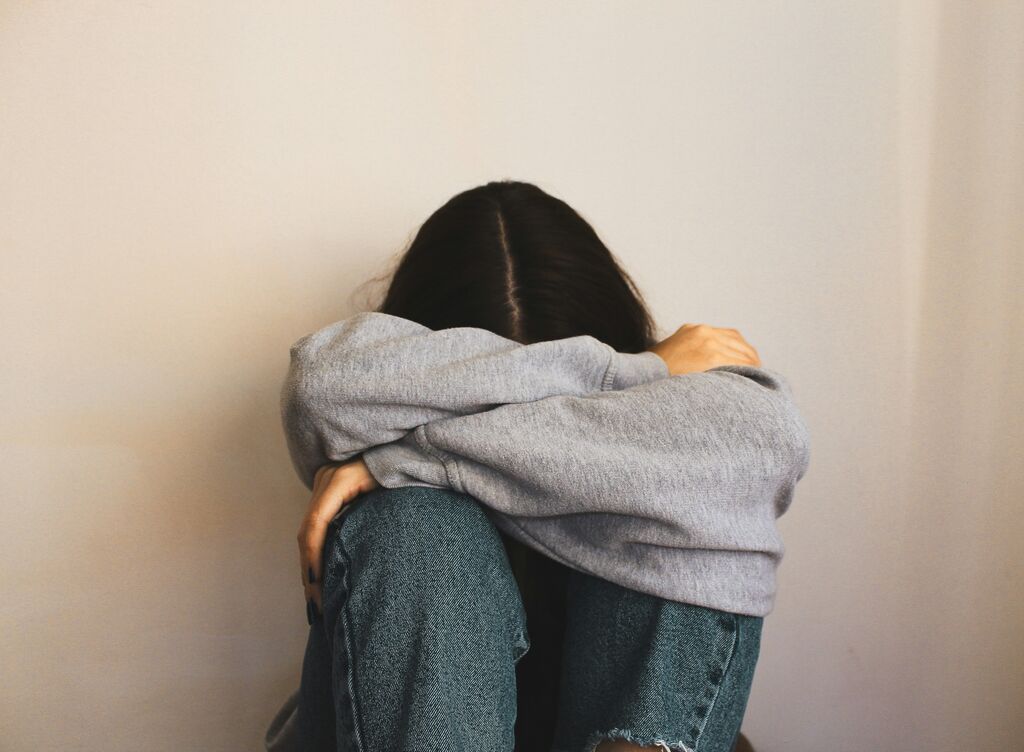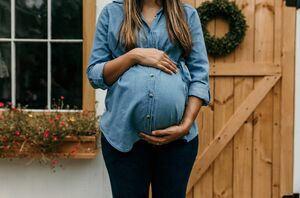Abortion
Extreme sickness in pregnancy leading women to abortion

A woman has spoken about her decision to end a much-wanted pregnancy due to extreme pregnancy sickness, calling for fairer access to treatment across the UK.
Sarah Spooner, 32, shared how she suffered from hyperemesis gravidarum (HG)—a severe condition causing relentless nausea and vomiting.
“You can't keep water down. Your head hurts, you're losing weight. I was on the floor vomiting,” she told the BBC.
Debilitating condition
Sarah said her concerns about severe vomiting during her first pregnancy were overlooked, and it was only after giving birth and losing 3kg (6lbs) that she realised she had likely been suffering from hyperemesis gravidarum.
The condition affects around one to three in 100 pregnant women, according to NHS Wales, and can result in dehydration, weight loss, and repeated hospital admissions.
The mother-of-one believed her understanding of the condition would make her second pregnancy earlier this year more manageable — “but then it was just a car crash,” she said.
She described regularly waking at 4:00 or 5:00 each morning to vomit, unable to eat, drink, or continue working.
Treatment difficult to access
While a range of medications are used, Xonvea is the only anti-sickness drug specifically licensed in the UK for use in pregnancy.
Xonvea is routinely available in parts of England, but not in Wales or Scotland. The Welsh Government says it can be prescribed in exceptional cases, with more than 750 prescriptions issued since January 2025.
Sarah was eventually prescribed Xonvea during an appointment in Wales and found it more effective than other medications. However, it was only issued in two-week supplies and remained difficult to access.
"My husband had to make a 100-mile round trip while I was being sick. He had to take time off work just to get me there," she explained.
“I can’t do this for seven more months”
On one occasion, he returned home to find her collapsed on the floor, unable to move from the pain of vomiting, and had to call an ambulance.
At nine weeks pregnant and also battling a serious eye infection, a hospital doctor warned her that her body was struggling to cope.
“She said, ‘Worst-case scenario, you’ve only got seven months left of this,’ and I thought, ‘I’m going to die. I can’t do this for seven more months,’” Sarah said.
Eventually, the couple made the difficult decision to terminate the pregnancy.
Regional inequalities in access
“I live on the Wales-England border. If I lived half a mile down the road, the outcome could have been different,” she said. Sarah has now submitted a petition to the Senedd calling for wider access to Xonvea in Wales.
Charlotte Howden, Chief Executive of Pregnancy Sickness Support, told the BBC the situation was “beyond belief”.
She said women across the UK should have access to the full range of treatment options, regardless of cost.
The All-Wales Medicines Strategy Group (AWMSG) did not recommend routine use of Xonvea in 2019 due to limited cost-effectiveness data.
It has recently reopened discussions with the manufacturer, Exeltis UK, which says it is working with Welsh health boards to improve access.
Share
